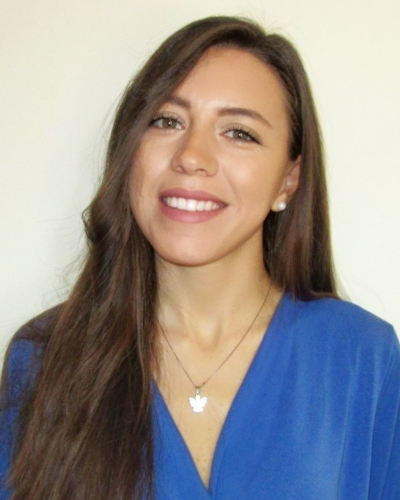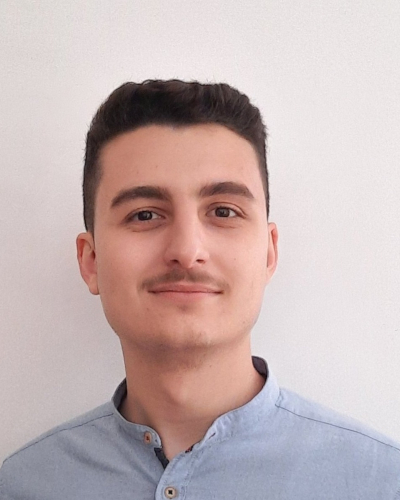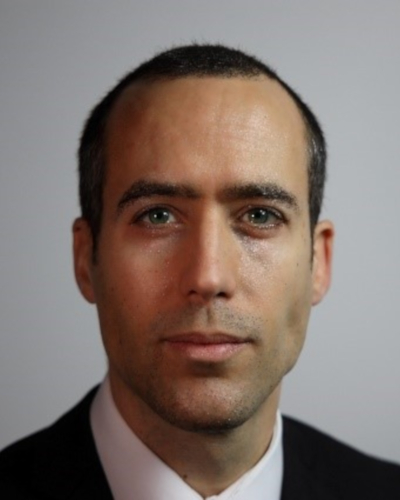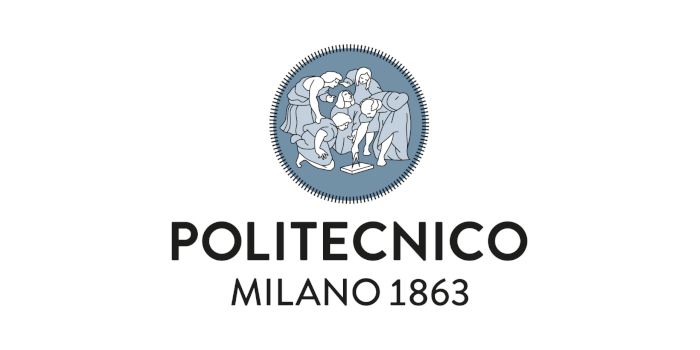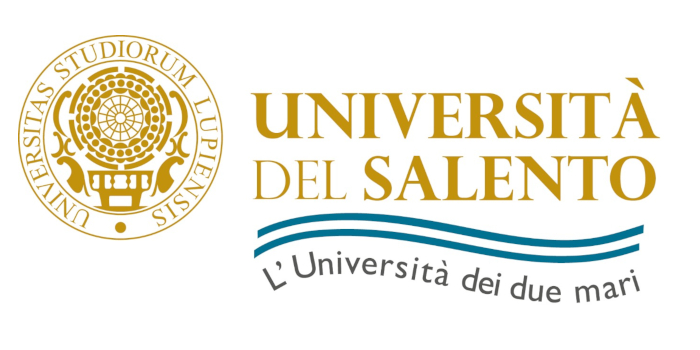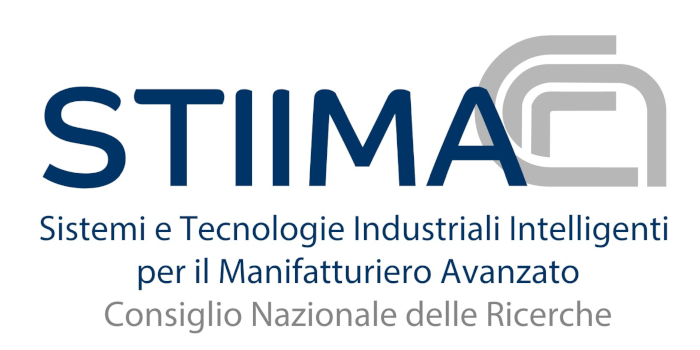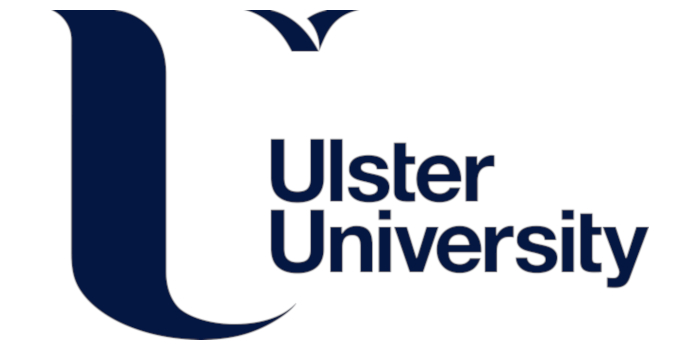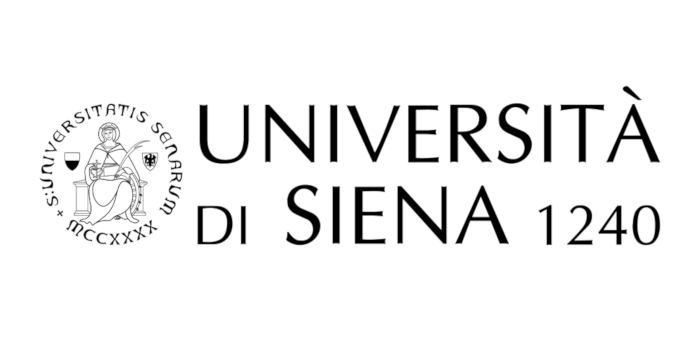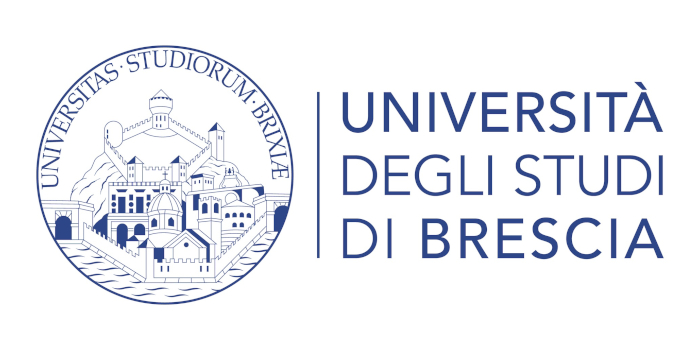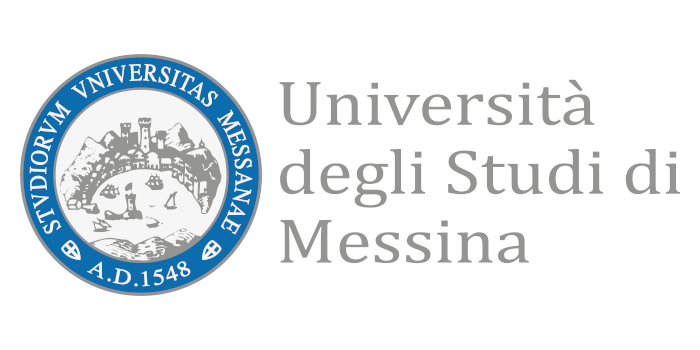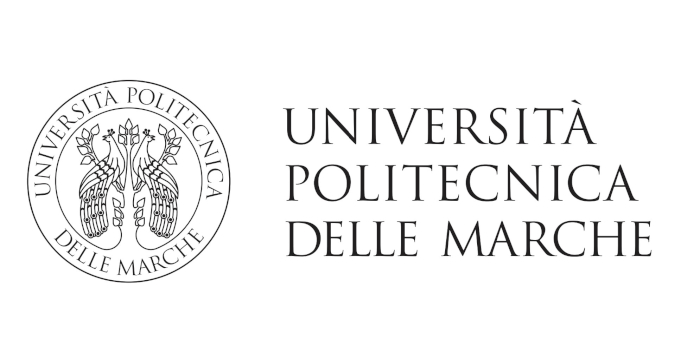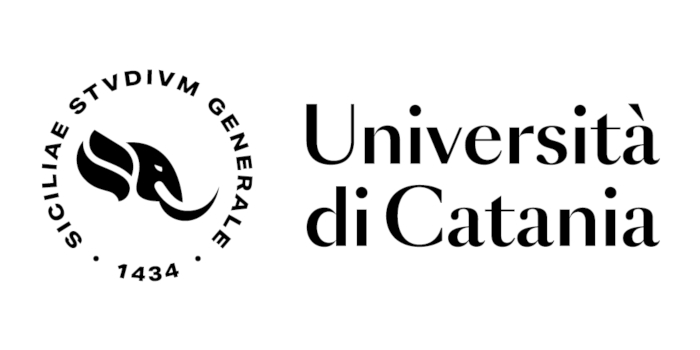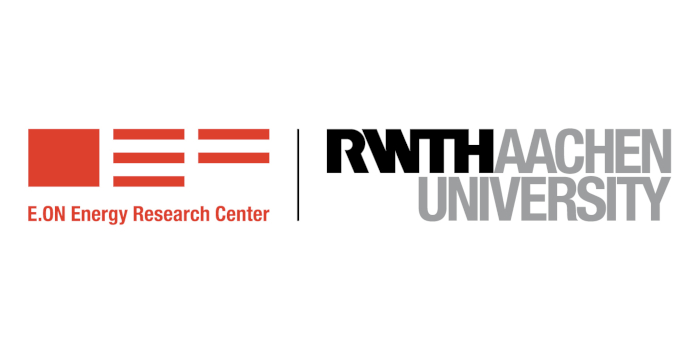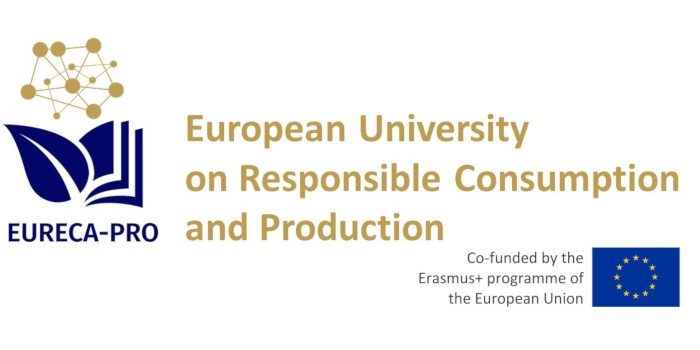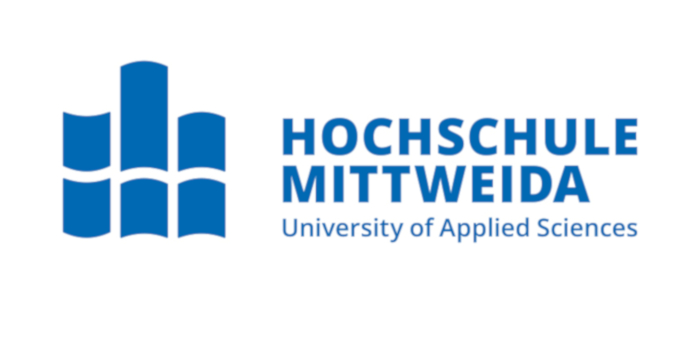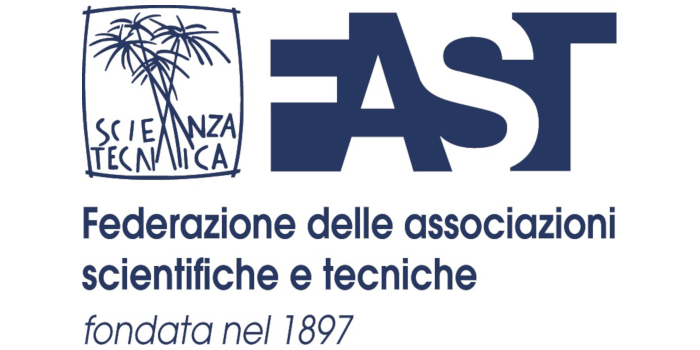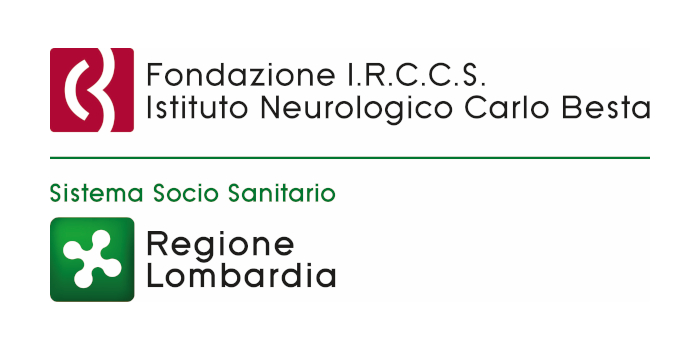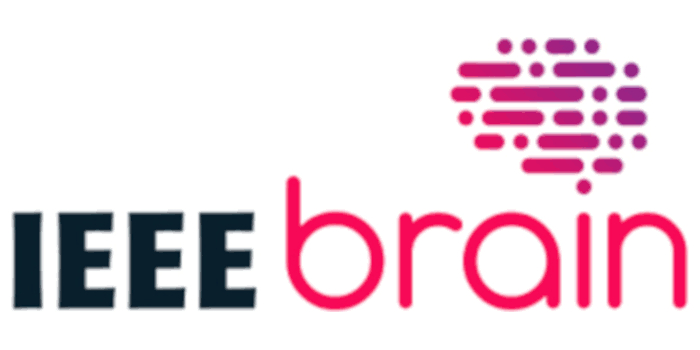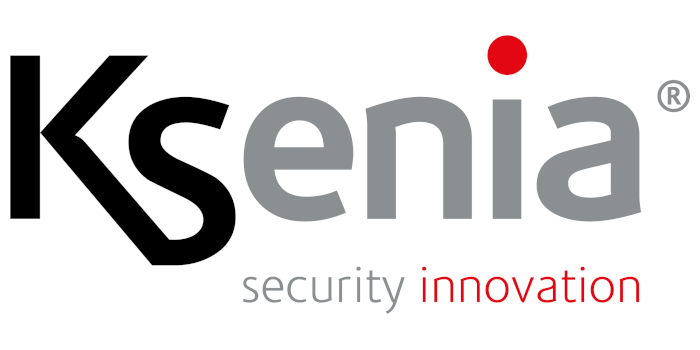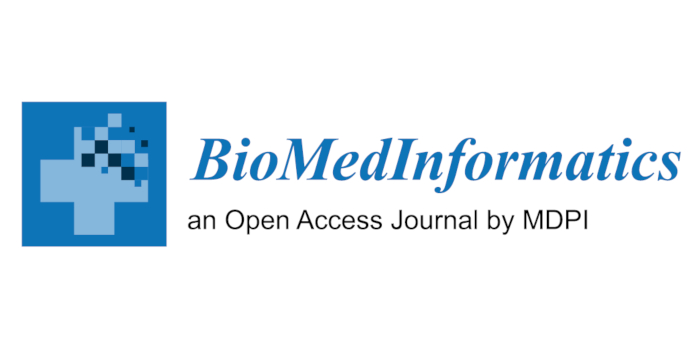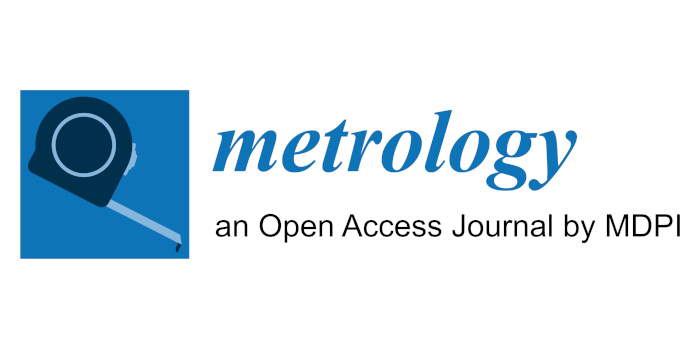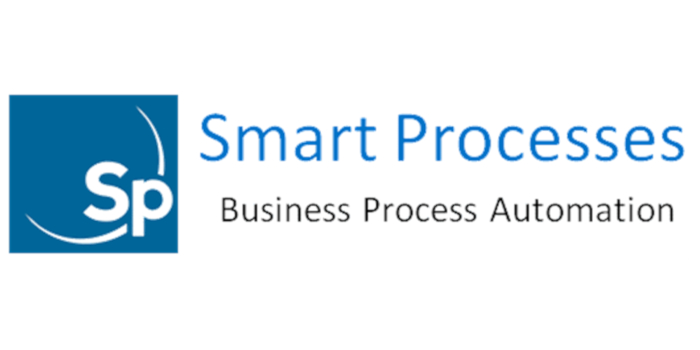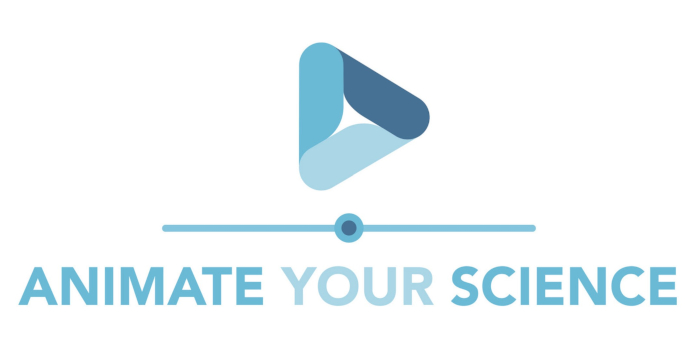SPECIAL SESSION #1
Active brain-computer interfaces for daily-life applications
ORGANIZED BY
Angela Natalizio
Politecnico di Torino, Italy
Antonio Esposito
Università degli Studi di Napoli Federico II, Italy
Marco Nalin
ab medica
ABSTRACT
Spontaneous brain potentials have been widely studied and brain-computer interfaces based on them have been addressed to various applications. Such interfaces are referred to as “active” because they rely on voluntarily modulated brain rhythms. To date, these applications range from control to rehabilitation and they have been developed mostly for research purposes. However, many efforts are currently made to exit the laboratory and bring this technology into daily-life scenarios. Such a system must be non-invasive, wearable, portable, usable, and generally user-friendly. For instance, one could rely on electroencephalography or near infrared spectroscopy to measure brain activity and artificial intelligence to process acquired signals. P articular emphasis should be also placed on online artefact removal techniques. Therefore, this special session will host contributions on active brain-computer interfaces with particular regards to the employment of spontaneous brain potentials in daily-life scenarios. Peculiar aspects could be the development of user-friendly systems, offline and online processing, as well as data fusion between biosignals.
MAIN TOPICS
The list of topics includes the following ones:
- Spontaneous brain activity
- Motor and mental imagery
- Non-invasive neuroimaging techniques
- Wearable and portable instrumentation
- Electroencephalography
- Functional near infrared spectroscopy
- Biosignal processing and real-time interaction
- Industrial applications
- Healthcare
- Eye and motion tracking in BCI
- Engagement and enhanced modulation of spontaneous brain activity
- Neurofeedback
- Transfer learning
- Artifact removal techniques
- Extended reality
ABOUT THE ORGANIZERS
Angela Natalizio received the M.S. degree in biomedical engineering from the University of Naples Federico II in 2019. She is Ph.D. student in Metrology at the Politecnico di Torino. Her doctoral research is directed towards wearable brain-computer interfaces relying on motor imagery as a daily-life tool for communication and control.
Antonio Esposito (b. 1993) received his MSc degree in electronic engineering at the University of Naples Federico II (Italy) in 2017 and the PhD in Metrology at Polytechnic of Turin (Italy) in 2022 with a doctoral thesis on “Instrumentation for daily-life brain-computer interfaces: applied metrology for assistive devices relying on steady-state visually evoked potentials and motor imagery”.
His main research activities focus on the measurement of electroencephalographic signals in wearable brain-computer interfaces. He has been working with visually evoked potentials elicited through extended reality glasses and he participated to the development of a prototype for industrial and healthcare applications. Currently, he also investigates neurofeedback for motor imagery-based interfaces in telerehabilitation with a focus on neurodegenerative diseases.
Antonio was also designated “Distinguished Lecturer 2023-2025” for the Instrumentation and Measurement society of IEEE on the topic “Applied metrology for novel human-computer interactions”.
Marco Nalin received his M.Sc. in Electronic Engineering at the University of Padova, Italy, in 2005. From 2004 to 2012 he worked at San Raffaele Hospital, in the "e-Services for Life and Health" department. From 2013 to 2020 he worked as Program Manager in the R&D department of the telemedicine company Telbios, in Milan. His role was cooperating and coordinating several tele-medicine related projects, mostly funded by the European Commission. Since December 2020 he’s Program Manager in the R&D team of ab medica. His research interests include personal health systems, mobile health, neuroscience, wellbeing and disease prevention, cognitive robotics and edutainment, surgery robotics, cloud computing, privacy and security.


